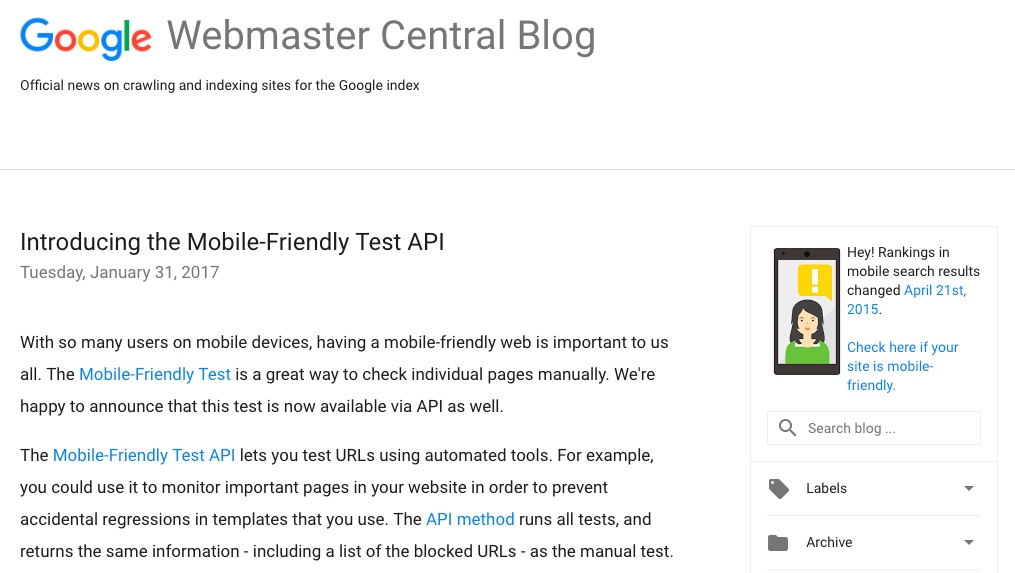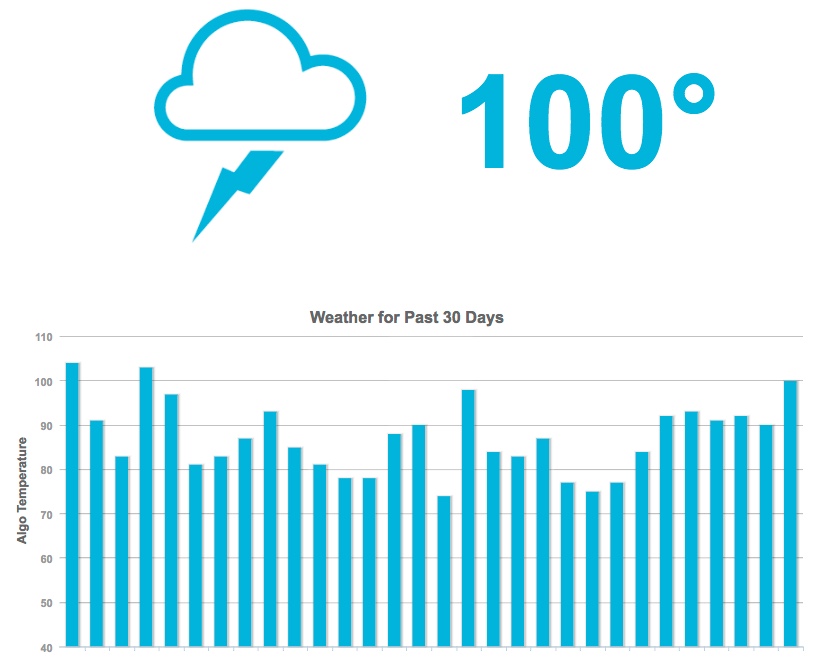If you’re reading this right now, it means you’re invested in search engine optimization.
Maybe you’ve been doing it for decades since Google was nascent. Or maybe you’re stumbling into SEJ for the first time as someone who’s brand new to SEO.
Either way, you’re here to learn how to use search engines to drive targeted traffic to your website and convert visitors into new customers, client, patients, readers, or loyal fans.
One of the hardest aspects of SEO is stay on top of all the updates Google announces, and especially the ones that it doesn’t.
If you didn’t take a good hard look at your content before Panda came out, you might have felt the pain of a Panda slap and a big rankings drop.
If you didn’t clean up your trashy backlink profile before Penguin was released, that Penguin slap and rankings loss probably didn’t do you any favors.
You get it. A huge part of optimizing your website correctly for search engines is staying on top of algorithm changes in real-time.
But with so many resources to choose from in 2017, which bring you the most accurate information? And more importantly, which can you really trust?
Why Does Google Make Changes So Often?
First things first – why does Google make so many changes to its search algorithm?
In 2012 alone, Google launched 665 improvements to search. That number was probably even higher in 2013, 2014, 2015, and 2016.
Google’s mission with search is pretty straightforward: to give users the most valuable solution to their query. It sounds simple, but with almost five billion web pages on the web, Google search is taking on a massive undertaking. The constant changes in search algorithm are attempting to improve results for 40,000 searches every second and 1.2 trillion every year (not to mention ensure AdWords it improving their bottom line).
How Do I Stay Updated?
While Google makes hundreds of updates to search every year, knowing them all isn’t necessary for even the most skilled SEO. Remember that it’s much more important to stay up-to-date with the biggest updates and the most well-known changes in search results.
The most important updates are:
- Major algorithm updates like Panda, Penguin, Hummingbird, etc.
- Major click-biasing changes like knowledge graph, Google answer box, image carousel, etc.
- Major user behavior changes like mobile search, load speed expectations, CTR curve changes, etc.
These are the biggest updates that will affect the visibility of your website in search engine results. Here are the resources that will help you track these changes effectively.
1. Google Webmaster Tools Blog
The best place to start when it comes to Google updates is the source. While there are many trusted resources out there that report on Google search changes, it’s best to hear about major updates straight from the horse’s mouth.
The Google Webmaster Central Blog offers official news on crawling and indexing sites for the Google index.
Want to learn about the new mobile-friendly test API? Here’s a good place to start.
The Google Webmasters YouTube Channel is another official Google source. This is a good option if you like to digest information via video and can be a nice change-of-pace from the nonstop onslaught of articles on new Google updates.
Webmasters record videos from around the world, so the channel has a real international flavor. Subscribe to the channel and you’ll receive video updates via emails every once in a while from YouTube. Set it and forget it!
2. Search Engine Roundtable
Search Engine Roundtable is probably the best source outside of Google to find out about the most recent Google updates. They exclusively cover Google and publish five to ten articles or updates daily. They send out a daily recap daily so you can get all the news in your inbox without having to go searching.
3. Moz
Moz is one of the companies at the forefront of SEO and inbound marketing, as it has been for years now. Their approach to making SEO accessible for everyone is their hallmark, and it makes them a must-bookmark source for SEO knowledge.
The Moz Blog is a great place not only to learn about Google’s most recent updates but to really dive deep into what they mean for you and your website. Knowing when and how updates affect websites in general is one thing, but learning exactly how they work and what you need to do to continue optimizing correctly and avoid penalties is going to be the difference-maker.
Join the email newsletter as well as the Moz Top 10 Newsletter to get updates right in your inbox.
Mozcast is another helpful Moz product. It’s a weather report showing turbulence in Google’s search algorithm for any given day. The stormier and hotter the weather, the more Google’s rankings changed.
4. Search Engine Journal
That’s right. There’s a reason most posts on SEJ receive hundreds or thousands of reads and shares – you’ve already arrived at a premier destination for SEO.
While most posts here go into real depth about a specific topic related to search engine marketing, Search Engine Journal offers a lot with regards to Google’s algorithm updates.
Matt Southern is the Lead Newswriter here and regularly publishes shorter articles that will give you the rundown on something happening right now.
For example, if you wanted to know what 200 sites were banned from Google search results for promoting fake news recently, Matt’s your guy.
5. Search Engine Land
Search Engine Land is another daily publication that covers all aspects of the search marketing industry. They have a section specifically to help you track Google’s updates, and you can of course subscribe to said updates via email.
6. Twitter
There are a few key figures in the SEO community you should follow. You can even activate mobile notifications so you’re the first one to see their tweets and learn about Google’s most recent updates.
The Real Trick
Now that you have all these great resources to stay up-to-date on Google’s changes, you need to set up a system that helps you keep track. Going to each of these websites every day isn’t sustainable, so let’s get you set up with a better system.
- Subscribe to each of the above periodicals above via email. That way, all your updates will flow directly into your inbox.
- Sign up for unroll.me and get all those updates in one, clean email every morning, afternoon or evening.
Now you’ll receive a daily update about Google algorithm changes without leaving your computer. Magic!
Knowing about the changes Google makes to its algorithm is essential to keeping your website’s content visible in search results. Staying vigilant, continuing to learn and setting up a system that will autonomously deliver you news are the keys towards maintaining an SEO-friendly website.
Featured Image: Branden Collum/Unsplash.com
In-post Photo: @lottemeijerfotografie/Unsplash.com
Screenshot by Joseph Howard. Taken February 2017.
Go to Source
Author: Joe Howard
The post Communication Overload: Keeping Up with Google Search’s Constant Updates by @josephhhoward appeared first on On Page SEO Checker.
source http://www.onpageseochecker.com/communication-overload-keeping-up-with-google-searchs-constant-updates-by-josephhhoward/




No comments:
Post a Comment